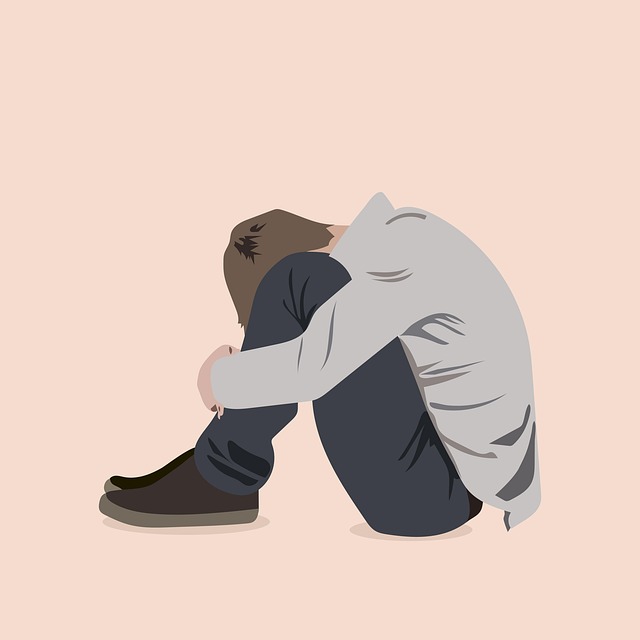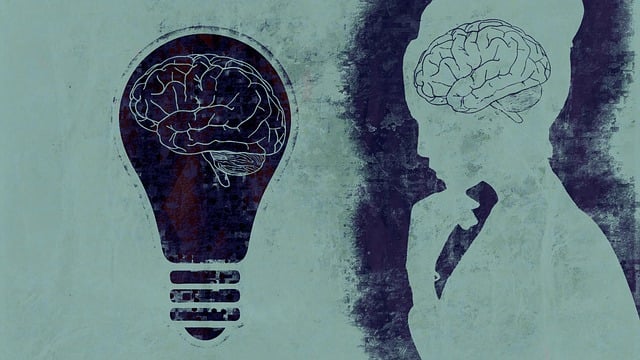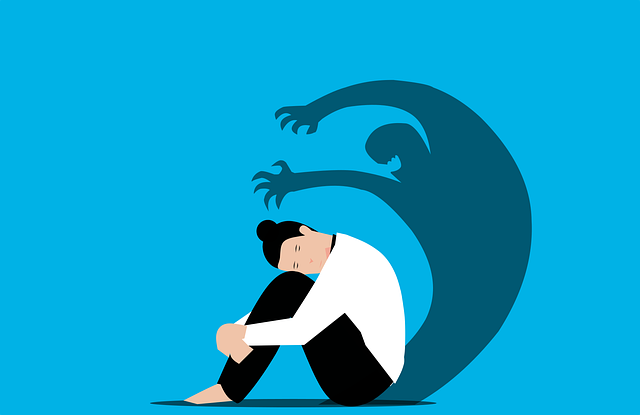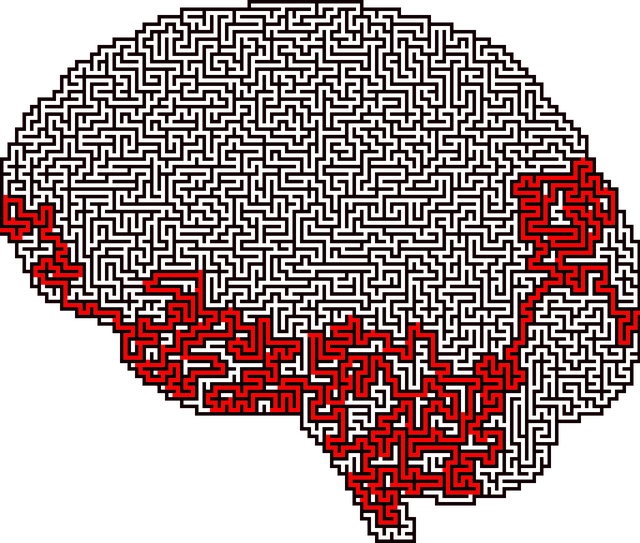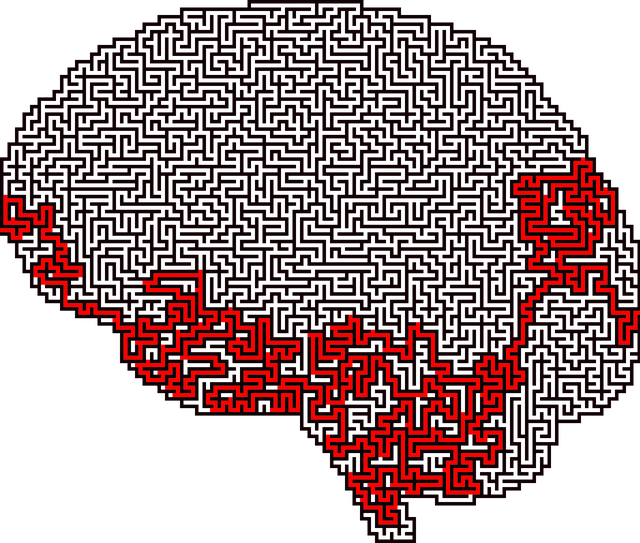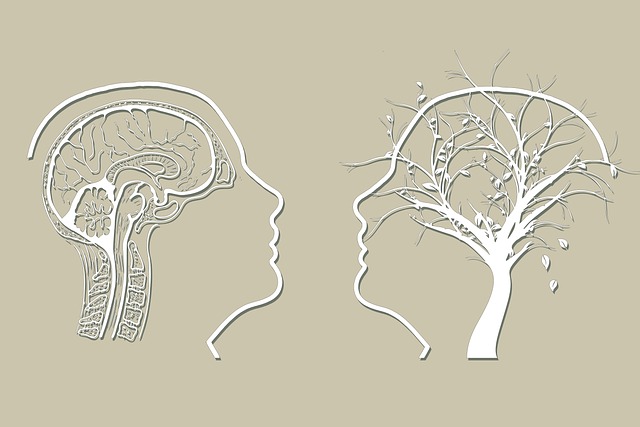Grief counseling for children after the loss of a loved one is crucial for their development and well-being. Mental health professionals use specialized therapy to help kids process emotions, improve self-esteem, manage mood, and develop healthy coping mechanisms. This includes culturally sensitive support, tailored activities, and age-appropriate conversations. Through counseling, children gain resilience, learn emotional regulation, and rediscover their strengths, empowering them to navigate life's challenges with greater confidence. Key techniques include storytelling, play therapy, group sessions, meditation, art therapy, and evidence-based practices, all aimed at enhancing self-esteem and overall well-being.
Loss, grief, and bereavement can profoundly impact children, making specialized counseling crucial for their emotional well-being. This article explores the critical role of therapy in supporting young minds through these challenging times. We delve into understanding a child’s unique grief process, focusing on self-esteem issues that often arise during and after loss. Common therapeutic techniques and activities are highlighted, along with strategies to build resilience, offering healing paths forward for both children and their families.
- Understanding Children's Grief and Bereavement
- The Role of Counseling in Supporting Young Minds
- Addressing Self-Esteem Issues During and After Loss
- Common Techniques and Activities in Child Therapy
- Building Resilience and Healing Paths Forward
Understanding Children's Grief and Bereavement

Grief is a complex process that can significantly impact children’s development and well-being, especially when they experience the loss of a loved one. Understanding a child’s grief journey is crucial for mental health professionals to provide effective therapy for children. This involves recognizing that young individuals may grieve in unique ways, often expressing their emotions through play, drawings, or even silence. Unlike adults, children might not always verbalize their feelings directly, making it essential for therapists to be attuned to non-verbal cues.
The process of bereavement can affect a child’s self-esteem and mood management. Through specialized therapy, professionals can guide children in processing their emotions, understanding their experiences, and developing healthy coping mechanisms. This includes teaching them strategies for risk management planning, which is particularly vital as it equips them to navigate future losses or challenging situations. Cultural competency training for healthcare providers is also crucial, ensuring they can offer sensitive support tailored to the child’s background and family dynamics, fostering a safe environment for self-expression and healing.
The Role of Counseling in Supporting Young Minds

Counseling plays a pivotal role in supporting young minds grappling with loss, grief, and bereavement. For children, processing complex emotions can be challenging due to their developing cognitive abilities. Therapy for Children offers a safe space where they can express their feelings, fears, and questions freely. Through tailored activities and age-appropriate conversations, counselors help them make sense of the situation, fostering self-esteem improvement and emotional resilience.
In addition to addressing immediate distress, counseling equips young individuals with effective coping mechanisms, which are essential for burnout prevention strategies among healthcare providers who may encounter these issues in their practice. Moreover, it provides an opportunity to teach conflict resolution techniques, empowering children to navigate interpersonal challenges that might arise during such difficult times.
Addressing Self-Esteem Issues During and After Loss

Grief can often lead to a decline in self-esteem, particularly in children. During times of loss, kids may struggle with their sense of worth and abilities. They might internalize feelings of being inadequate or blame themselves for what happened. Therapy for Children can provide a safe space to address these issues. Through compassionate guidance, therapists help young individuals process their emotions, fostering self-care practices that enhance resilience building and self-esteem improvement.
In the aftermath of loss, encouraging children to engage in activities they enjoy and nurturing positive interactions with others can significantly contribute to their emotional healing. By focusing on strengths and accomplishments, both big and small, adults can help children rebuild their confidence and sense of self, enabling them to navigate life’s challenges with greater resilience.
Common Techniques and Activities in Child Therapy

In child grief counseling, therapists employ various techniques tailored to help young clients process their loss and navigate bereavement. One common approach is using storytelling and play therapy, where children express their emotions through narratives, puppets, or drawings, allowing them to make sense of their experiences in a safe, creative environment. This method not only aids in emotional release but also enhances self-esteem by empowering kids to tell their story on their terms.
Additionally, therapists facilitate group sessions that provide a supportive network for children dealing with grief. These groups offer a sense of belonging and understanding, enabling kids to realize they’re not alone in their struggles. Activities like guided meditation, art therapy, and music sessions help reduce anxiety and promote relaxation. The focus on mental health policy analysis and advocacy ensures that these therapeutic practices are evidence-based and accessible, aligning with the broader goal of improving children’s overall well-being, including stress management skills acquired through workshops designed for their age groups.
Building Resilience and Healing Paths Forward

Through loss grief and bereavement counseling, individuals can develop resilience and forge healing paths forward. This therapeutic process equips them with coping mechanisms to navigate the complex emotions associated with loss. By engaging in open dialogue and exploring personal experiences, clients gain insights into their feelings, fostering self-acceptance and a deeper understanding of themselves.
The journey towards healing involves building self-esteem and developing effective communication strategies. Therapists play a pivotal role in guiding individuals through this process, offering support tailored to their unique needs. This personalized approach not only provides anxiety relief but also empowers clients with the tools necessary for risk management planning, ensuring they can navigate future challenges with resilience and confidence.
Loss, grief, and bereavement can profoundly impact a child’s well-being, but counseling offers a lifeline. By understanding children’s unique grieving processes and employing tailored techniques like those focused on self-esteem, therapists play a vital role in fostering resilience and healing. These supportive interventions empower young minds to navigate their emotions, find solace, and emerge with enhanced coping mechanisms, ensuring they can build a path forward filled with hope and growth.

